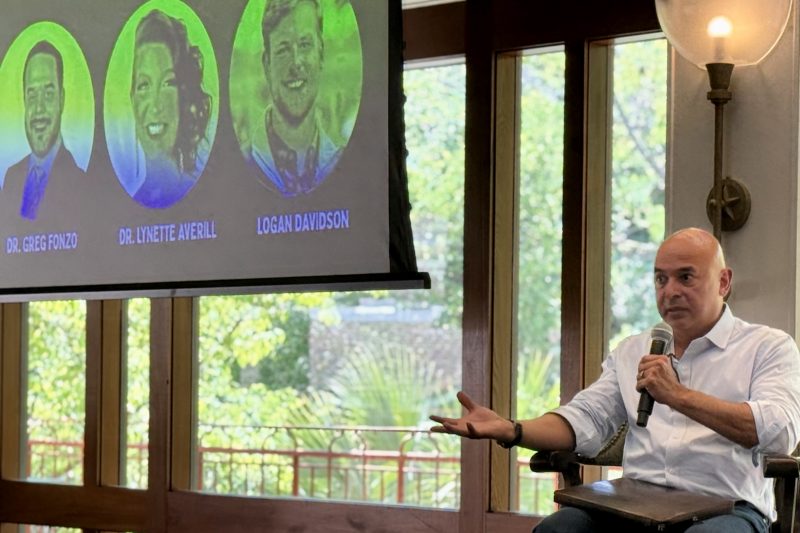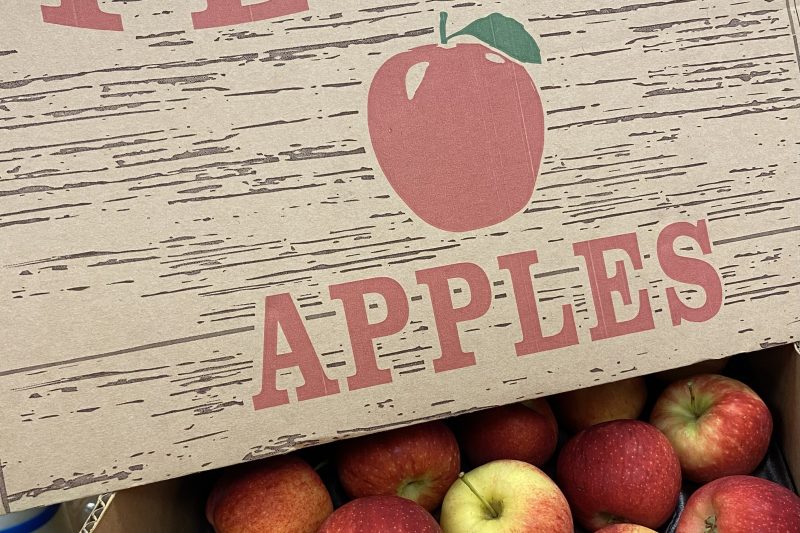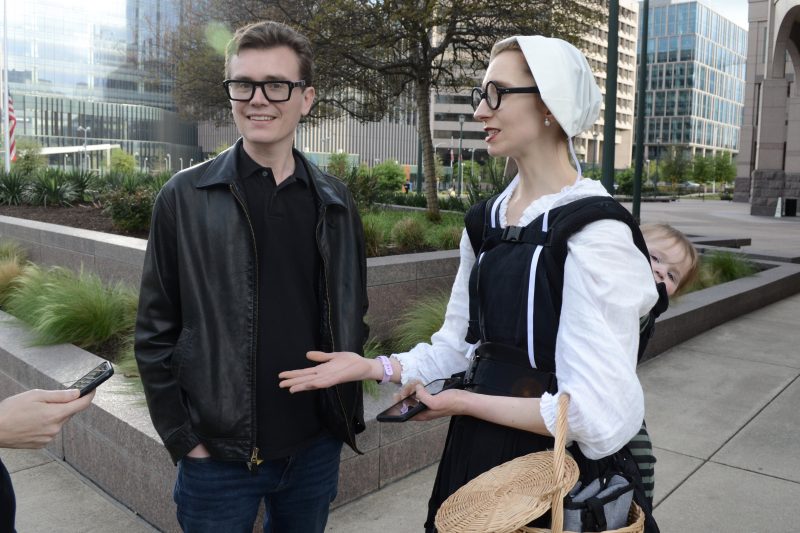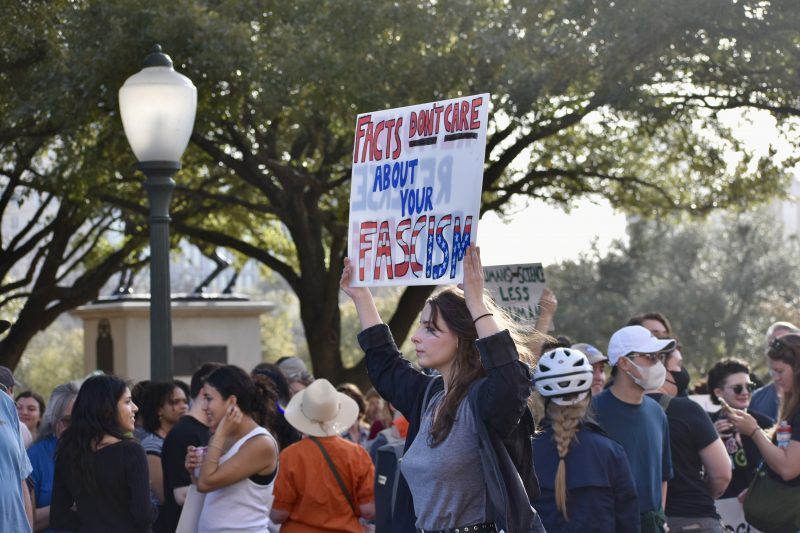


byMichael Karlis
The staggering number of veteran suicides, combined with Texas’ large population of former service members, has led the state to becoming what some experts are calling the center of the “psychedelic revolution.”
A slew of bills in the Texas Legislature have garnered broad, bipartisan support, including House Bill 3137, which would mandate the largest appropriation of public funds for psychedelic research in U.S. history.

byMadeline de Figueiredo and Rebecca Butler
The Local Food for Schools initiative was set to distribute $660 million to state agencies in fiscal 2025, aiming to help schools and child care facilities buy locally grown food in 40 states.

byAlex Lamb
In April 2024, state and local police cracked down on University of Texas students protesting Israel’s invasion of Gaza, following calls for intervention by university administrators. As with protests on other college campuses, university and political leaders accused the pro-Palestinian protesters of antisemitism.
Almost a year later, one of the same groups involved in those protests, the Austin Chapter of Students for a Democratic Society, took part in another protest — this time to oppose the presence of alleged neo-Nazis and eugenicists at a conference held on the UT campus. The activists highlighted what they called a disconnect between the treatment of two groups accused of connections to antisemitic views

byMadeline De Figueiredo
Hundreds gathered in front of the Texas Capitol for a “Stand Up to Science” rally Friday, demanding the defense of scientific integrity, expanded funding and the protection of diversity in research. The rally, one of 32 in cities across the country, was organized in response to the Trump administration’s cuts to scientific funding, the removal […]